This is a tasty burger!
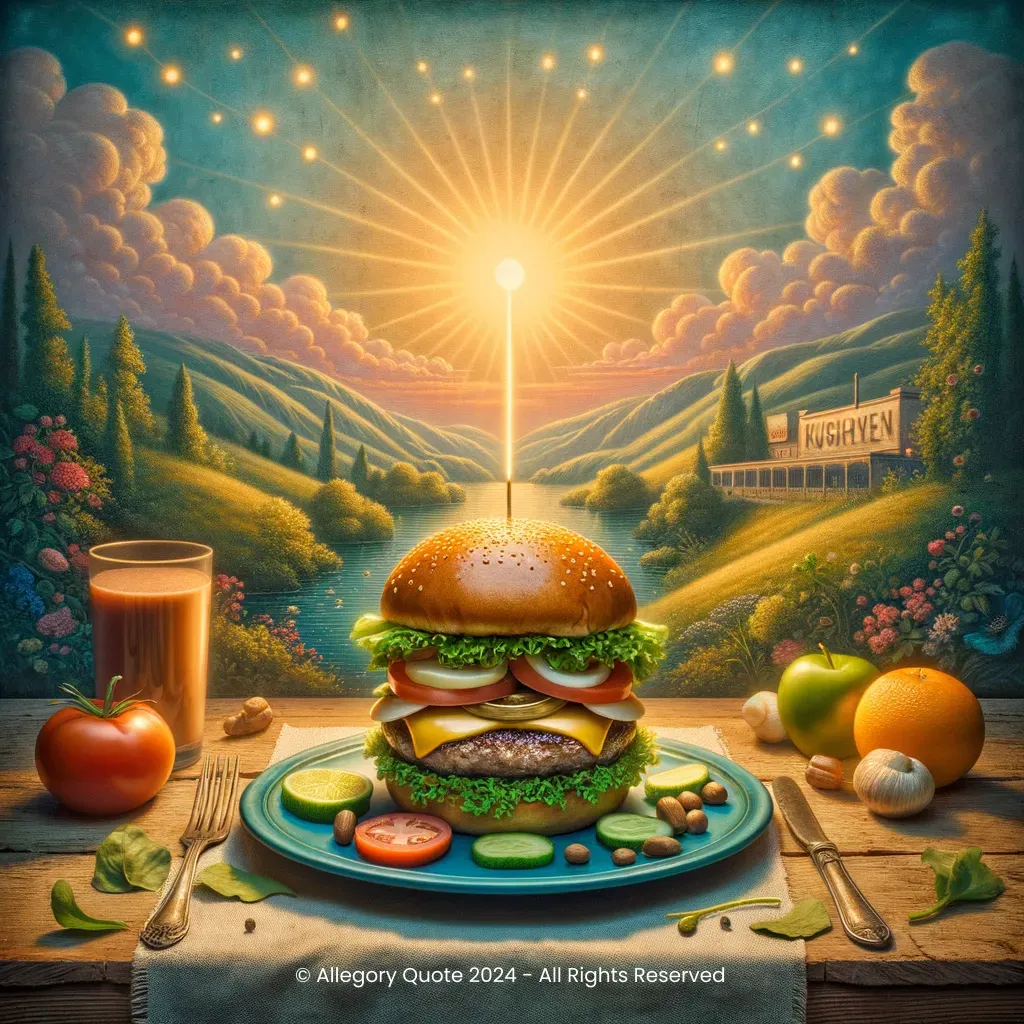
0
0
0
0
- Meaning
- The phrase expresses appreciation for the quality of food, particularly a burger, and underscores the pleasure derived from enjoying a good meal. This taps into philosophical concepts of pleasure and the human experience connected to food, highlighting how eating can be both a physical and sensory delight. It illustrates the joy in the small pleasures of life and how such moments can be significant in our daily experiences.
- Allegory
- The image includes a crafted burger as the central element, symbolizing enjoyment and culinary craftsmanship. The fresh greens signify health and nature, while the diner backdrop invokes a sense of nostalgia and comfort, aligning with the atmosphere of camaraderie and sharing. The glowing light represents warmth and happiness, emphasizing the joy found in food among friends.
- Applicability
- In personal life, this phrase encourages people to take a moment to savor their meals and appreciate the simple pleasures of good food. It can serve as a reminder to slow down and enjoy life’s small delights, whether it's a favorite meal or moment spent with loved ones.
- Impact
- The impact of this phrase on culture is significant, particularly in the context of food in cinema. It reflects the pop culture phenomenon where food and dining experiences are celebrated in films. The quote has become iconic in film history and represents a moment of levity amid the film's darker themes, often quoted by fans and featured in discussions about food and film.
- Historical Context
- The phrase originated in the mid-1990s, around the time 'Pulp Fiction' was released in 1994. It reflects not just a moment of enjoyment, but also the culture of diners and fast food that became prominent in post-war America, often referenced in films as a backdrop for casual conversation and social interaction.
- Criticisms
- While the phrase itself is generally seen in a positive light, some argue that it trivializes deeper issues presented within the film, suggesting a disconnect between the pleasure of food and the serious nature of the film's story. Critics may point out that while enjoyment is important, focusing solely on superficial pleasures can distract from broader themes of morality and consequence present in 'Pulp Fiction.'
- Variations
- Variations of this phrase exist in various cultures, emphasizing enjoyment of food, such as Japanese expressions that celebrate flavor and culinary craftsmanship, like 'Umami!' This illustrates how different cultures value food and the emotions tied to it, reflecting local culinary traditions and social practices.
-
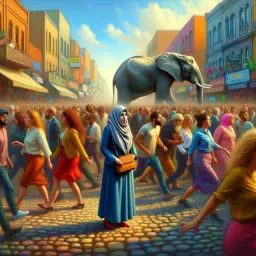
I just shot Marvin in the face.
-
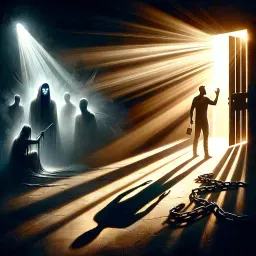
Bring out the gimp.
-

If my answers frighten you, then you should cease asking scary questions.
-

Zed’s dead, baby. Zed’s dead.
-

Be cool, Honey Bunny.
-
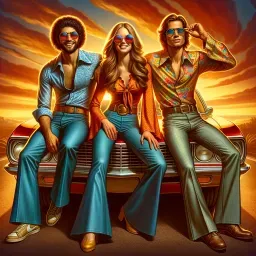
We’re gonna be like three little Fonzies here. And what’s Fonzie like? Cool.
-
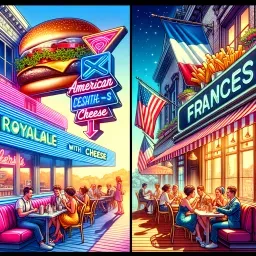
Do you know what they call a Royale with Cheese?
-

You talk about vengeance. Is vengeance going to bring your son back to you?
-

I want you to go in that bag and find my wallet.
-
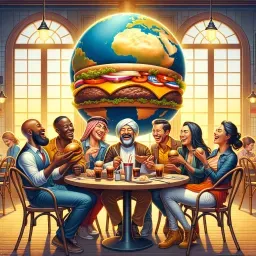
You know what they call a Quarter Pounder with Cheese in Paris?
-

Just because you are a character doesn't mean that you have character.
-

I’m gonna get medieval on your ass.
No Comments